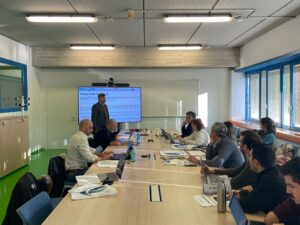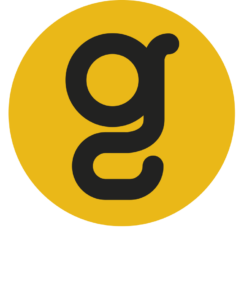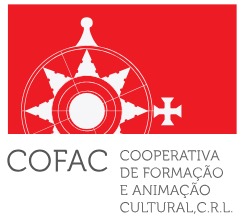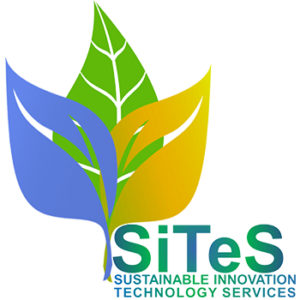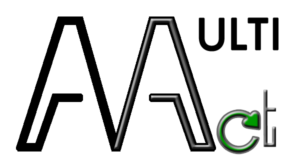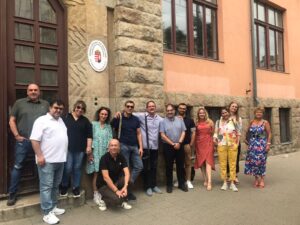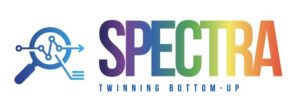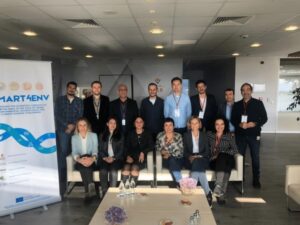Projects
SITES implements integrated communication actions that consolidate other project actions using participative tools and dialogue to bridge the gaps and create relationships between science, society, and policy.
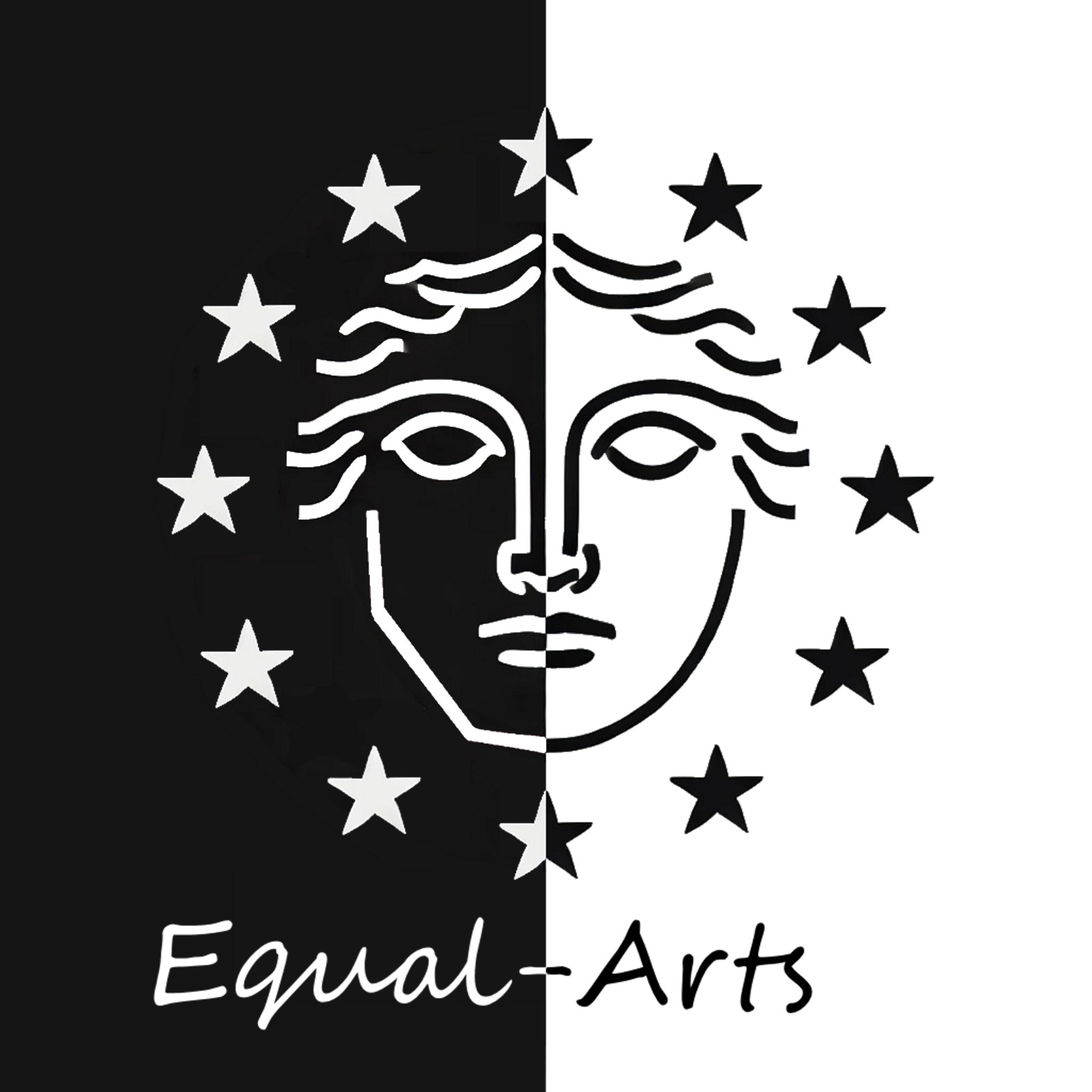
Equal Arts project
EQUAL ARTS
A New Erasmus+ Project Takes Center Stage to Promote Gender Equality in Performing Arts Across Europe Through Research, Collaboration, And Innovation.
Project Name: Equal Arts project
Project Call: Call 2024 Round 1 KA2 - KA210-VET - Small-scale partnerships in vocational education and training (KA210-VET)
Project ID: 2023-1-IT01-KA220-ADU-000159913
Start date: 1st October 2024
End date: 30th September 2026
We are proud to announce the start of the Equal Arts project, a forward-thinking Erasmus+ initiative addressing gender inequality in the performing arts. The project officially began on 1 October 2024 and will run for 24 months, bringing together a diverse consortium of European partners to foster gender balance, empower women, and raise awareness across the cultural and creative sectors.
Background and Objectives
The Equal Arts project (Project ID: 2023-1-IT01-KA220-ADU-000159913) was born out of the pressing need to tackle gender-based disparities in the performing arts sector—particularly within leadership and decision-making roles. Despite ongoing societal progress, women remain underrepresented in key managerial positions. The project sets out to identify existing gaps, explore good practices, and co-create strategies that promote equal opportunities in artistic environments.
With a focus on adult education, the initiative aims to enhance skills, support inclusive professional development, and contribute to the cultural sector's transformation. Planned activities include research, interactive toolkits, digital resources, stakeholder training, and public engagement through artistic performances and awareness campaigns.
Partnership and Collaboration
The project is coordinated by InDance (Italy), and brings together a strong network of partners from across Europe:
- InDance International - Project Coordinator - Applicant/Leading Organisation in charge of the project management and coordination, and referent for the Spanish NA.
- SiTeS - Dissemination Coordinator - Leading Organisation for the Dissemination activities spread across the project, reporting to the Project Coordinator, defining and planning activities and their scheduling.
- Le Voci di Astarte - Quality Assurance Coordinator - Leading Organisation in charge of Quality Assurance activities, the development of guidelines and research of good practices. It will also be responsible for developing the “Equal Arts Digital Portfolio” in the form of a digitized document.
Project Timeline and Activities
Following the official project start on 1 October 2024, the consortium prepared internal frameworks and coordinated key project documents including the Quality Plan, Management Plan, and Risk Mitigation Strategy.
The Kick-off Meeting, hosted online by InDance on 3 December 2024, laid the groundwork for smooth cooperation. Partners introduced their organisations, reviewed the timeline, and agreed on next steps.
Key milestones to date include:
- 12 December 2024 – First Erasmus+ down payment received to initiate project activities
- 3 January 2025 – Branding and QA Plan (v1.0) completed
- 26 March 2025 – Landing page launched (https://eqa.levocidiastarte.com/), online questionnaire and Quality Plan published
Expected Impact
The project is expected to produce a transformative effect across the European performing arts sector. It will benefit adult educators, cultural professionals, and civil society organisations by providing tools to address gender imbalances and promote inclusive leadership models.
Through knowledge sharing, training, and artistic engagement, Equal Arts will contribute to a more equitable and innovative cultural landscape—building momentum for long-term systemic change.
"The performing arts have long been a sector marked by significant issues related to the gender gap, particularly in managerial roles. The Equal Arts project aims to shed light on this challenge by building on the current context to design pathways toward genuine equality. This project is especially important to SITES, given its alignment with our core objectives."
– Leonardo Piccinetti, Managing Director, SITES

Overview
FREECOVER is a cutting-edge research initiative funded under the Horizon Europe MSCA Staff Exchanges program (Grant Agreement :101182579). Running from January 1, 2025, to December 31, 2028, the project brings together academic and industrial partners across Europe and beyond to address one of the most pressing challenges of our time: the sustainable recycling of Rare Earth Elements (REEs).
REEs are critical for green technologies such as renewable energy systems and electric mobility. However, their supply faces significant risks due to limited natural resources and high environmental costs associated with traditional extraction methods. FREECOVER aims to develop an eco-friendly, innovative hydrometallurgical process to recover REEs from metallic waste, contributing to a circular economy and a sustainable future.
Objectives
FREECOVER’s mission is to revolutionize the recycling of REEs by achieving the following objectives:
- Sustainability: Develop a green recycling process using natural, eco-friendly materials.
- Circular Economy: Strengthen the REE supply chain by creating closed-loop recycling systems.
- Innovation: Demonstrate the effectiveness of novel materials, such as ionic liquids and natural polymers, in REE recovery.
- Knowledge Exchange: Foster interdisciplinary and cross-sectoral collaboration through international secondments and training activities.
Key Innovations
- Eco-Friendly Processes: Utilize natural acids and low-cost minerals to extract and separate REEs with minimal environmental impact.
- Advanced Materials: Develop polymeric membranes supported by ionic liquids for efficient REE separation.
- Water Recycling: Implement closed-loop water systems to reduce waste and enhance sustainability.
- Catalyst Development: Transform metal-loaded adsorbents into catalysts for wastewater treatment, creating additional value streams.
Consortium
The FREECOVER consortium consists of 10 partners, including leading universities, research institutions, and companies from Europe and Cuba. These partners collaborate to bridge the gap between academic research and industrial application, ensuring real-world impact.
Impact
FREECOVER will:
- Provide sustainable solutions to critical raw material shortages.
- Enhance Europe’s competitiveness in green technologies.
- Reduce the environmental footprint of REE extraction and recycling.
- Promote global collaboration and knowledge sharing in sustainable innovation.
SITES’ Role in FREECOVER
As a key partner, SITES leads Work Package 5 (WP5): Communication and Dissemination. Our responsibilities include:
- Developing the project’s Communication, Dissemination, and Exploitation (C&D&E) strategy.
- Managing the project website and social media platforms.
- Organizing training events, Science Cafés, and outreach activities to engage stakeholders and promote FREECOVER’s objectives.
FREECOVER KICK-OFF MEETING
ON 16th January 2025, at the University of Udine, the Polytechnic Department of Engineering and Architecture hosted the kickoff meeting of the highly anticipated interdisciplinary project FREECOVER at the “Rizzi” Campus. The event saw the participation of SITES, represented by Alessandro Tiraborelli, alongside other key stakeholders and experts contributing to this groundbreaking initiative.
Stay Updated
Follow FREECOVER’s journey toward sustainable innovation:
- Website
- Social Media
Together, we’re building a sustainable future by redefining REE recycling.
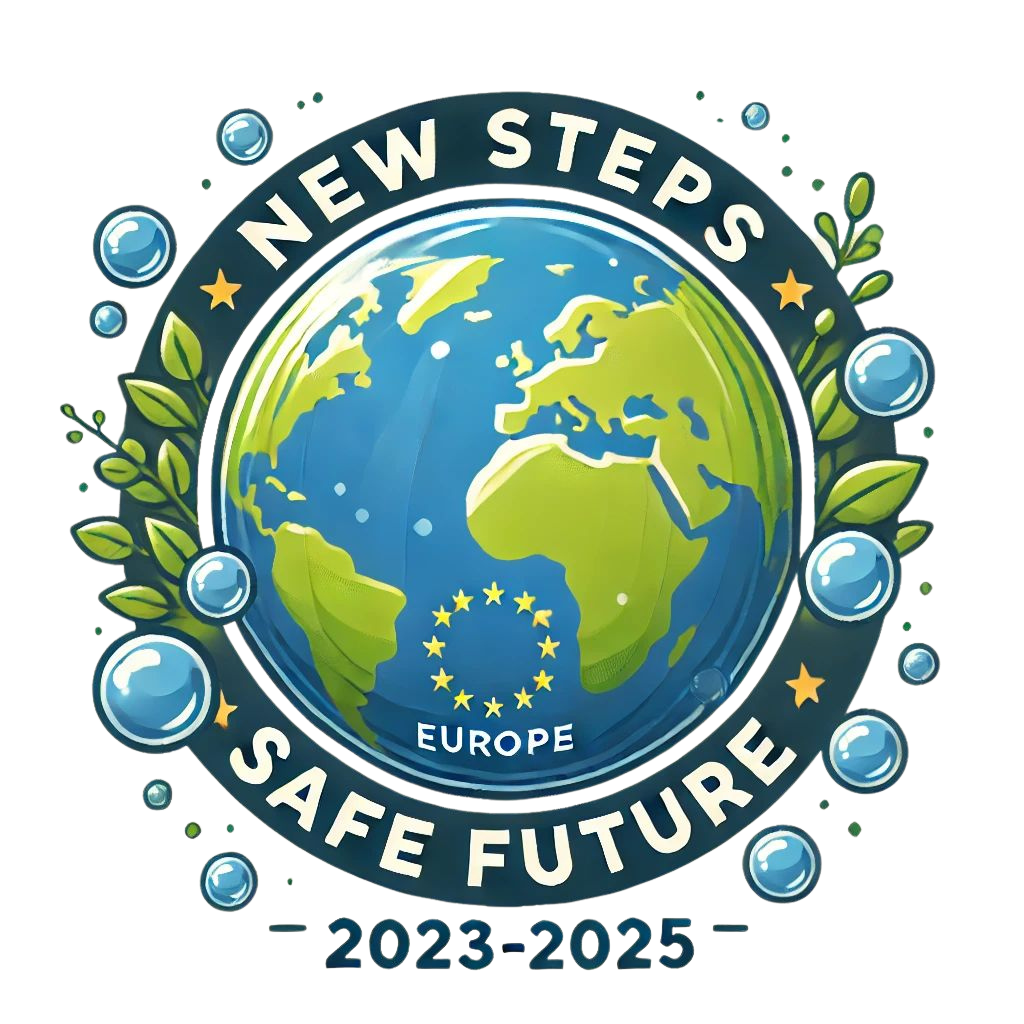
New Steps Safe Future
Project partners
- CIFP Hosteleria LHII (Spain)
- Multi-Act STD (Türkiye)
- Rödabergsskolan (Sweden)
New Steps Safe Future aims to contribute to reducing the carbon footprint to fight against climate change. We aim to support the development of teachers, school leaders, and teaching professions with activities planned according to the STEAM approach. We want to provide students with STEM skills that are scientifically based, based on inquiry and collaboration, and emphasize process evaluation.
At the end of the New Steps Safe Future project, a data guide, module guide, web portal, mobile application, and policy guide will be produced with activities aimed at the goals and objectives of the project. With these results, teachers, school leaders, teaching professionals, and students will gain STEM skills to fight against climate change and reduce the carbon footprint at European, national, and local levels. 168 teachers and 120 students will be involved in project activities, and 247 students in multiplier events.
The New Steps Safe Future project wants to carry out activities to reduce the carbon footprint of our students in order to fight against climate change. The project objectives, activities, and intellectual outputs are planned to fight against climate change and reduce carbon footprint, which are the priorities of the Erasmus+ program, and to increase interest in the environment, science, technology, engineering, and mathematics (STEM) skills and the STEAM approach, to support teachers, school leaders, and teaching professionals. We want to realize the project at the school level together with our partners by receiving funding support for the project. By creating our activities with the STEAM approach, we aim to provide teachers and students with scientific thinking-based, inquiry-based, problem-solving skills, collaborative, interdisciplinary learning, contextual learning, and process evaluation skills. These skills will equip teachers and students with competencies to fight against climate change.
The New Steps Safe Future project target groups are students aged 13-18, teachers, school leaders, and professions in education and training. Other target groups include municipal officials, government officials, university professors, young people, families, the public, digital/environmental entrepreneurs and employees, experts, and representatives in sectors such as agriculture, food, industry, transportation, and energy. Within our partnership structure, PT (University) consists of university employees, IE (SME) consists of professional experts, TR (NGO) consists of teachers and students between the ages of 14-20, HU (School) consists of students between the ages of 14-18, ES (School) consists of students between the ages of 14-18, and SE (School) consists of students between the ages of 13-17. Our aim is to leave an impact on climate change and education, as well as on relevant families, businesses, energy, transportation, industry, and agriculture sector representatives, start-ups, universities, municipalities, and youth centers at local, national, and European levels.
The goals of the New Steps Safe Future project are to carry out activities to fight against climate change and produce a data guide, module guide, web portal, mobile application, and policy guide. Within the scope of the partnership and beyond, dissemination activities at local, national, and European levels and activities to expand the impact of the project results will be carried out.
New Steps Safe Future Project Kickoff Meeting
The kickoff meeting took place on 2nd and 4th June 2024 in Budapest. The Project Start Date was 01/01/2024. The Project total Duration is 24 Months. The Project End Date is 31/12/2025.
SITES’ Role in the Project
- Expertise in Digital and Environmental Innovation: SITES brings its experience in sustainable innovation consulting, focusing on areas like energy, smart agriculture, and the environment.
- Leadership in Mobile Application Development: SITES is responsible for leading the development of the mobile application, one of the project's intellectual outputs, which aligns with their expertise in digital tools and smart solutions.
- Contribution to Climate Change Goals: By leveraging their background in innovative technologies to reduce greenhouse gas emissions, SITES supports the project's overall aim of fighting climate change and reducing the carbon footprint.
- Multidisciplinary Collaboration: SITES integrates their competencies in law, finance, engineering, and IT to provide comprehensive support for the project's objectives.
.
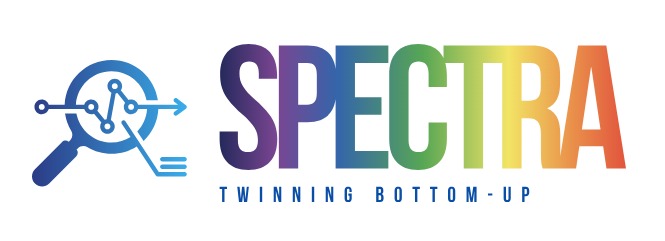
SPECTRA
The SPECTRA project aims to enhance the research and innovation (R&I) capabilities of AUTH in Greece, focusing on Water Quality and Food Safety, Quality & Traceability (WQ&FSAT) to address climate change-related challenges. By combining research, training, and collaboration, SPECTRA will boost scientific excellence, facilitate knowledge transfer, and improve networking both locally and internationally within the European Research Area (ERA). The project seeks to strengthen AUTH’s scientific standing, support the development of skilled researchers, and promote industry-academia partnerships. Expected outcomes include enhanced water quality and food safety, increased consumer confidence in Greek food products, support for monitoring and decision-making, and economic benefits for regional businesses through innovation, new product development, and job creation.
SITES Role
SITES plays a pivotal role in SPECTRA, bringing private-sector expertise in innovation consultancy, eco-innovation strategies, and sustainable development trends. Their contributions include high-level strategic market research, monitoring and evaluation, and strategic planning, ensuring that project outcomes are economically viable and widely applicable. Leading the economic component (WP6), SITES focuses on communicating and exploiting outputs from case studies, managing outreach, and promoting responsible research and innovation (RRI), open science practices, and gender inclusivity. This multifaceted role supports the effective dissemination, commercialization, and long-term impact of SPECTRA’s research innovations.
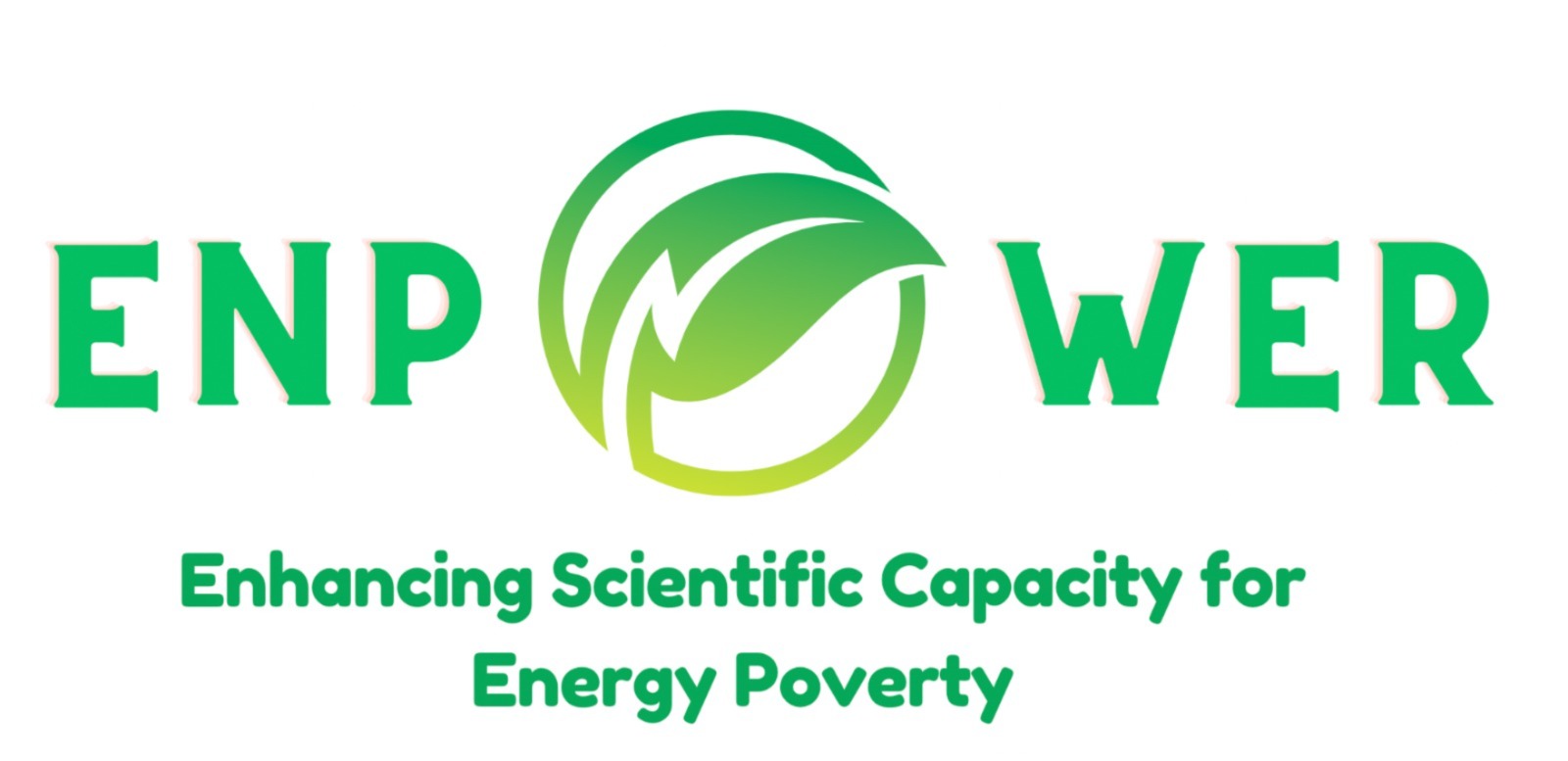
ENPOWER
Energy poverty affects over 41 million EU citizens, a critical societal challenge recognized by the European Commission. In Bosnia and Herzegovina, about 70 % of households suffer. Addressing this issue requires multifaceted solutions, spanning health, economics, and the environment. In this context, the EU-funded ENPOWER project will catalyse transformative change in Bosnia and Herzegovina, focusing on energy poverty, sustainable buildings, and smart energy. ENPOWER fosters interdisciplinary collaboration with EU partners to innovate solutions. Through initiatives like the Building Advisory System Living Lab, ENPOWER seeks to elevate research excellence and foster inclusive, co-creative approaches with businesses and policymakers. Together, they aim to pave the way for a more energy-secure future.
Objective
ENPOWER will lead the transformative change in Bosnia and Herzegovina (B&H) to strengthen the scientific reputation, attractiveness and networking channels of the University of Banja Luka (UNIBL) through supporting its innovation and research excellence in energy poverty and justice energy, sustainable buildings, energy efficiency, smart energy, human capital development, and application of innovative approaches, co-creative solution finding with business and policy makers, as well as in involvement of different ecosystems of innovation through the newly formed Building Advisory System Living Lab (BAS-Lab), which will be developed through cooperation with distinguished EU partners with established scientific excellence.
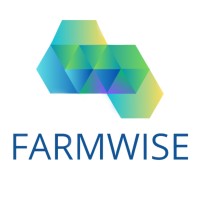
FARMWISE
The FARMWISE project is set to transform the EU agricultural sector by empowering farmers and decision-makers with a cutting-edge decision support system that integrates precision agriculture, Artificial Intelligence, and Remote Sensing. FARMWISE offers fresh insights into water quality, quantity, soil health, and nutrient management. Its advanced framework facilitates knowledge sharing among scientists, farmers, and policymakers in a collaborative environment by embracing Systems Thinking. The initiative consolidates existing collaborations and fosters new, long-term partnerships between European organisations, such as Water4All and Water Europe.
The project aims to develop enhanced AI-based tools for more effective European water policy and decision-making, grounded in research-based technologies to address pressing issues of water pollution and climate change. To achieve this, the consortium brings together the foremost European experts in water, agriculture, climate, and AI research to ensure the sustainability of water resources, the natural environment, and efficient agriculture in the highly diverse European landscape, considering both present and future climate change.
FARMWISE actively assesses, monitors, and implements gender and diversity balance within the consortium throughout its planned activities.
SITES Roles in FARMWISE
As the leader of WP6, SITES will lead the efforts in overseeing the Communication, Dissemination & Exploitation aspects of the project. This encompasses activities such as structuring the CDP, Corporate Identity, Networking, and Exploitation assessment. Furthermore, SITES will actively contribute to developing an impact strategy aimed at influencing target policies, ensuring a lasting effect on the FARMWISE outputs. In addition to this, SITES will also make significant contributions to T1.1 (Mapping), T1.3 (Scenarios development), and T1.5 (Capacity Development).
Start Date : 01/01/2024
project Duration : 36 Months
Kick -off Meeting : January 10-11th 2024 ( lund , Sweden )
Funding : FARMWISE has received funding from The European Union Horizon Europe research and innovation programme under the Grant Agreement (GA No: 1011135533)
FARMISE On Social Media :
Project News :
- project kick-off meeting

C-TOUR
The European Commission, thorough Erasmus + KA220 VET has granted the
C-TOUR project to the consortium led by (CFL soderhamn-sweden). The project focuses on the development and test of a new VET pedagogy in order to equip targeted VET learners (including the active and/or future workforce and aspiring entrepreneurs in small tourism) with future-oriented skills crucial for circular-economy thinking and support them to become actors of change towards circular, green transitions in the small tourism sector. It will showcase real-world small circular tourism practices, and use them as highly inspirational and motivational VET training tools to offer easy understanding on circularity in small tourism. In addition, it will develop a VET Curriculum along with high-quality multimedia tools covering competence areas of circular tourism.
The objective of the project is to contribute to seeking to pioneer an innovative approach to Vocational Education and Training (VET). Through the development of VET Curriculum and Explainer Videos, C-TOUR aims to design, craft, and validate an entry-level VET Curriculum that places a strong emphasis on cultivating circular tourism skills. Furthermore, we wil produce a series of enlightening and motivational explainer videos. In the other hand, through the creation of Inspirational C-TOUR Digital Stories, the aim is to craft motivational digital narratives under the banner of C-TOUR, which will spotlight instances of small circular tourism practices, effectively advocating and exemplifying the concept of circularity in the domain of small-scale tourism.
The C-Tour has a duration of 30 months starting 01/12/2022 and ending by 31/05/2025. Additionally, the project is implemented by seven European Partners (Sweden, Ireland, Spain, Denmark, Netherlands, Greece and Romania).
The C-Tour has a budget which amounts to €250.000 that the European union finances with a 100% rate through the Erasmus + KA220 VET programme.
SITES ROLE IN C-TOUR
SITES offers its proficiency in sustainable innovation, encompassing strategic innovation guidance tailored for small enterprises, adept project management capabilities, and a wealth of experience in navigating EU programs. Our role extends to orchestrating meticulous quality assurance across the project, spearheading comprehensive internal evaluations that encompass processes, outcomes, and impacts at every project stage.
In addition to our overarching internal evaluation leadership, SITES assumes responsibility for driving the project’s quality assurance endeavors. This encompasses meticulous planning and meticulous execution of quality assurance protocols across multiple dimensions, including process efficiency, tangible results, and far-reaching impacts.
To more information about C-TOUR Click link below
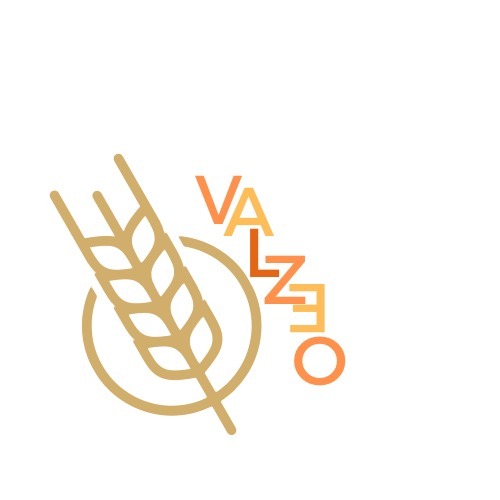
VALZEO
In EU, an average of 3.1 million tons of paddy rice is produced (ca. 450.000 ha). Around 80% of the EU rice production takes place in Italy and Spain, with a further 12% in Greece and Portugal. Globally, 750 million tons of rice husk (RH) are yearly produced, and it is estimated a continuous increase of 1.1% each year. Each ton of rice can produce 20% of RH, that must be eliminated since it accumulates in the environment due to its low degradability. RH generates 18-20% of RHA through a combustion process. The inadequate deposition of RHA pollutes the environment and deteriorates the respiratory system of humans and animals. During RH incineration, the burnt ash can spread into a large area facilitated by
air, causing environmental pollution. According to these figures, large volumes of RHAs with low density are becoming a major challenge to the surroundings of dumping environment and dump fill areas.
VALZEO intends to employ RHAs as raw supplies to produce composite materials based on hierarchical zeolites modified by metal oxide nanoparticles (MON) and metal-organic framework (MOF) materials with a double purpose, the removal of pharmaceuticals, pesticides, dyes and microorganisms in water, and the catalytic production of biodiesel.
To address such challenge, VALZEO will promote the exchange of researchers from participating institutions to enhance the exchange of knowledge, best practices, know-how, innovative ideas, experience, cooperation, and culture of work.
VALZEO will foster, improve and develop permanent international and inter-sector collaboration between academic research centers, and private sector, enhancing the exchange of knowledge, best practices, know-how, innovations, experience, mutual cooperation and culture of work at different regions and countries (ES, IT, IRL and CU) through a series of scheduled secondments.
Role of SITES : Lead Dissemination, communication, and networking
Project News:
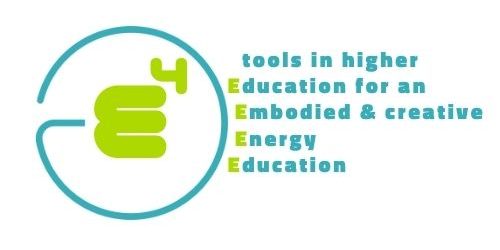
e^4
e^4 — tools in higher Education for an Embodied & creative Energy Education
Programme and Call for Proposals
ERASMUS PLUS – Call 2021 Round 1 KA2
KA220-HED – Cooperation partnerships in higher education
Open project
Brief description
Given the urgency of environmental and technological change in the face of challenges such as climate change, the main need recorded is raising awareness of possible solutions and necessary measures, also given the challenge of educating the coming generation in these matters.
We feel the urgent need for both supporting and reforming teacher education (for teachers of primary school and lower secondary or middle school levels) at academic institutions in matters concerning energy (energy solutions, energy and the environment, energy and society).
On this scenario, we intend to create:
- Innovative materials for teacher education in the field of energy technology.
- A network of academic institutions and external stakeholders dealing practically with matters concerning energy.
- A dedicated web platform were both learning materials for university courses and material, knowledge, and opportunities provided by the network are available.
Objectives
- Develop and/or enrich higher education curricula (in teacher education for primary and lower secondary school levels), following a didactic approach based on “tools of imagination” like storytelling, gamification, embodied simulation, digital simulation, and play to facilitate science communication;
- train academics charged with teacher education in innovative pedagogies and approaches to teaching science courses (including the use of appropriate aids and materials);
- promote learning and teaching partnerships between universities and the private energy sector;
- upskill future science teachers with new approaches to teaching to encourage girls for scientific carriers and fight against gender stereotypes in scientific and engineering careers;
- support the strengthening of science skills of EU citizens and professionals to make conscious choices and use creativity and a critical mindset to contribute to lower CO2 emissions towards EU 2050 targets.
Main Activities
- Creating guidelines for a Network of academic and private/public partnerships.
- “Imaginative course” Curriculum for teaching through imaginative tools.
- Interactive web platform supporting the Curriculum and the Network.
Results
- Increased competences and skills of partners’ staff.
- Increased competences in teachers of primary and secondary schools: 20 teachers (5 for each of the 4 countries involved) will participate in a transnational training session to get acquainted with the offline workshop activities proposed.
- 30 prospective teachers in each country will join local testing and implement full testing of the blended course (web and software-based activities plus workshop activities). We expect 75% to 85% of participating teachers to be women. Thanks to local testing the project will reach about 1000 students in the 4 countries.
- 300 participants will be interviewed as part of project assessment.
We expect the project to produce a change in teaching approaches at all levels:
- At university level, improving academics’ science teaching approaches, also blending online and in presence courses, improving the efficacy of their courses both at university and jointly with the private and public energy sector.
- At school level, helping student teachers and in-service teachers to be more motivated for and engaged in new imaginative teaching methods, will lead to innovation in school curricula. Teachers will be able to adapt their teaching approaches to the new generation’s learning capacities and skills needs through the application of creativity fostered by imaginative tools.
Lead partner
LIBERA UNIVERSITA’ DI BOLZANO (Italy)
Partners
– InEuropa Srl – Italy
– Uniwersytet Mikolaja Kopernika W Toruniu – Poland
– Esciencia Eventos Cientificos Sl Aragón Zaragoza – Spain
– Universitat de Valencia – Spain
– Sustainable Innovation Technology Services Ltd Mid-West Castletroy – Ireland
– Università degli Studi Di Modena e Reggio Emilia – Italy
– Dublin City University – Ireland
Duration
The project will last 36 months (28 February 2022 – 27 February 2025)
Website
https://energy4teachers.eu/
Budget
The project received a grant of € 395 506,00
Flyer_e4_stakeholder engagement Flyer_e4
Project NEWS:

WATERLINE Project
WATERLINE aims to create a European Digital Water Higher Education Institution (HEI)Alliance, based on the quadruple helix model of innovation, leading to the development of the Alliance’s research, educational and entrepreneurship capacities. This shall leverage the individual, institutional and regional resources required for a transformative structural and sustainable learning and innovation environment.
To achieve this, WATERLINE has five specific objectives:
(1)support consolidation of the Alliance by co-creating a common governance framework, and a Research & Innovation (R&I) capacity building plan;
(2) co-create a portfolio of water components for Master level and transform emulative laboratories in partner Widening HEIs into assisted and virtual reality. These structural changes will lead to transformed and more competitive R&I HEIs;
(3) strengthen WATERLINE researchers’ R&I capacity excellence by implementing activities, such as summer schools to enhance education and R&I skills, and proposal writing workshop;
(4) build a European network of academics/researchers who, together with quadruple helix actors, will allow knowledge flow in water domains and extended reality technologies. This allows greater involvement of regional actors in the R&I process and enhances one of the major societal challenges: water-related education. Moreover, it will strengthen academic and business links through academia-to-business meetings and a hackathon to mainstream entrepreneurship mindsets. WATERLINE will, finally,
(5) sustain the alliance by,
(i) establishing ambassador networks,
(ii) identifying the R&I funding landscape, thus increasing participation in HE and the mobilisation of resources in the watersphere, and
(iii) creating synergies with EU initiatives, institutions, other projects and networks.
SITES’ role in WATERLINE
WATERLINE is Horizon Europe project receives funding from the European Union’s Horizon Europe HORIZON-WIDERA-2021-ACCESS-05 under grant agreement No 101071306 for 36 months.
Starting Date: 01/10/22
End Date: 30/09/25
Budget: 1.75 Meuro
project News
-
SITES Contributes to Waves of Change 2023 for a Water-Wise World
-
Research Project Proposal Training by Leonardo Piccinetti at Waterline Seminar
- Successful WATERLINE Innovation Summer School Empowers European Water Sector
- Announcing the September 2023 Edition of ‘Waterline’ Newsletter and SITE’s Remarkable Contribution

Smart4ENV
Enhancing the scientific capacity of tubitak mrc in the field of smart environmental technologies for climate change challenges
The SMAR4ENV project which will be stimulating scientific excellence in key applications of Smart Environmental Solutions for the mitigation and adaptation to climate change of Turkish economy is underway.
Led by the TUBITAK MRC and with a budget of 1,5 M €, it will contribute to improve R&I capacities to strengthen, scientific reputation, attractiveness and networking channels while stimulating scientific excellence in key applications of Smart Environmental Solutions for the mitigation and adaptation to climate change of Turkish economy.
Gebze Kocaeli – Turkiye – An international consortium of 6 partners from 6 countries, led by the Tubitak MRC, has joined forces to address, during next 36 months, the challenges of increasing scientific and technical capacity, support TUBITAK MRC’s institutional networking and international reputation, while developing a knowledge transference framework to increase the knowledge of national stakeholders on available Smart Environmental Solutions, promoting their use, enabling application of innovative approaches and solutions, sharing knowledge and best practices
SMART4ENV intends to address climate change by using Smart Environmental Solutions to strengthen institutional structures to understand and address the protection of environmental resources quality and quantity, development of monitoring and evaluation tools and establishment of databases. Besides, SMART4ENV will allow to conduct research, assessment, and dissemination of impacts of climate change on environmental resources, innovative alternative Smart Environmental Solutions that increase adaptation capacity to climate change and integrating the results into environmental resource planning studies. Insofar, SMART4ENV will promote efficient environmental resources management to update processes in agriculture, reducing water losses, developing irrigation and water management systems specific to local conditions, and ensuring use of new Smart Environmental Solutions for irrigation and water management.
Such aims will be addressed through a three pillars structure, to assess current capacities and capabilities, plan sustainability actions to improve viable institutional networking and collaboration and a continuous outreach and stakeholder-oriented events following the implementation of project communication and dissemination strategy. The methodology to be applied throughout SMART4ENV is evidence based and builds on a comprehensive set of implementation activities by specific case studies. These case studies consider digital environmental management, online and smart tools for monitoring and management, visualization techniques, sensors, and IT solutions for environmental resources management, reduced carbon emission, issuing early warnings to the population and improving existing prediction models, monitoring practices and long-term environmental stewardship.
As a result of project developments and outcomes, different types of impacts are expected, including an enlarged community of competitive prestigious researchers, stronger and better-connected to a core of international and relevant R&I system, supported by skilled R&I managers with their international networks. Such critical mass of regional stakeholders will be clustered around TUBITAK MRC to establish strategic alliances and collaborative activities do address Green Deal challenges, while improving environmental quality, public health, improved customer experience and communication. Besides, SMART4ENV will be on a position to contribute for a better mitigation and adaptation to climate change because of new Smart Environmental Solutions for intelligent, connected, and responsive environmental services and a more sustainable use of water and resilient treatment systems with stable effluents quality.
The knowledge generated by SMART4ENV is expected to increase the pace of technology transition (of services, products, etc.) to commercialization and support a significant impact on the regional economy within the next decade, thanks to the expected development of an innovative Smart Environmental Solutions industry and the profitability of regional companies through new product development, process improvements, innovation support, and the increase of labour market participation, thanks to job creation and new opportunities.
ABOUT THE CONSORTIUM
The SMART4ENV project includes a partnership of 6 institutions from 6 countries: TUBITAK Marmara Research Center Environment and Cleaner Production Institute (Turkey), Università Politecnica delle Marche (Italy), Fundación Universitaria Balmes (Spain), Sustainable Innovation Technology Services (Ireland), Norwegian University of Life Sciences (Norway).
With reference GA. 101079251, the SMART4ENV project is funded by the EU under the Horizon Europe Programme, with a total budget of ¤€1,499,418.00
The SITES’s role
As a Work Package leader for Dissemination Communication and Networking and contributing to the WP2 Definition of the multidisciplinary research programme, summer schools and MOOCs, WP5 for Sustainability strategy and clustering plan
Project NEWS:
- SITES Celebrating with the attractive SMART 4 ENV First Newsletter Launched
- SITES in Collaborative Mission to Save the Mediterranean Against Climate Change. 🌊💪
- SMART4ENV FIRST SUMMER SCHOOL FOR RESEARCHERS, MS AND PHD STUDENTS
- STAKEHOLDERS ‘INNOVATION WEEK – Smart4env
- SMART4ENV MOBILITY IN ITALY HAS STARTED SUCCESSFULLY
- SITES: Celebrating SMART4ENV Innovation Week

ECOSYS+
The ‘Egypt Innovation Ecosystem Accelerator through Agile, Smart and Integrated innovation resource portal’ (ECOSYS+) project is a 30-month EuropeAid initiative to create an Innovation Resource Portal: an access portal and innovative solutions linkage platform to support Innovation, Knowledge and Technology, Diffusion, Transfer, Acquisition and Networking, and to connect innovation providers with procurers.
Project news:
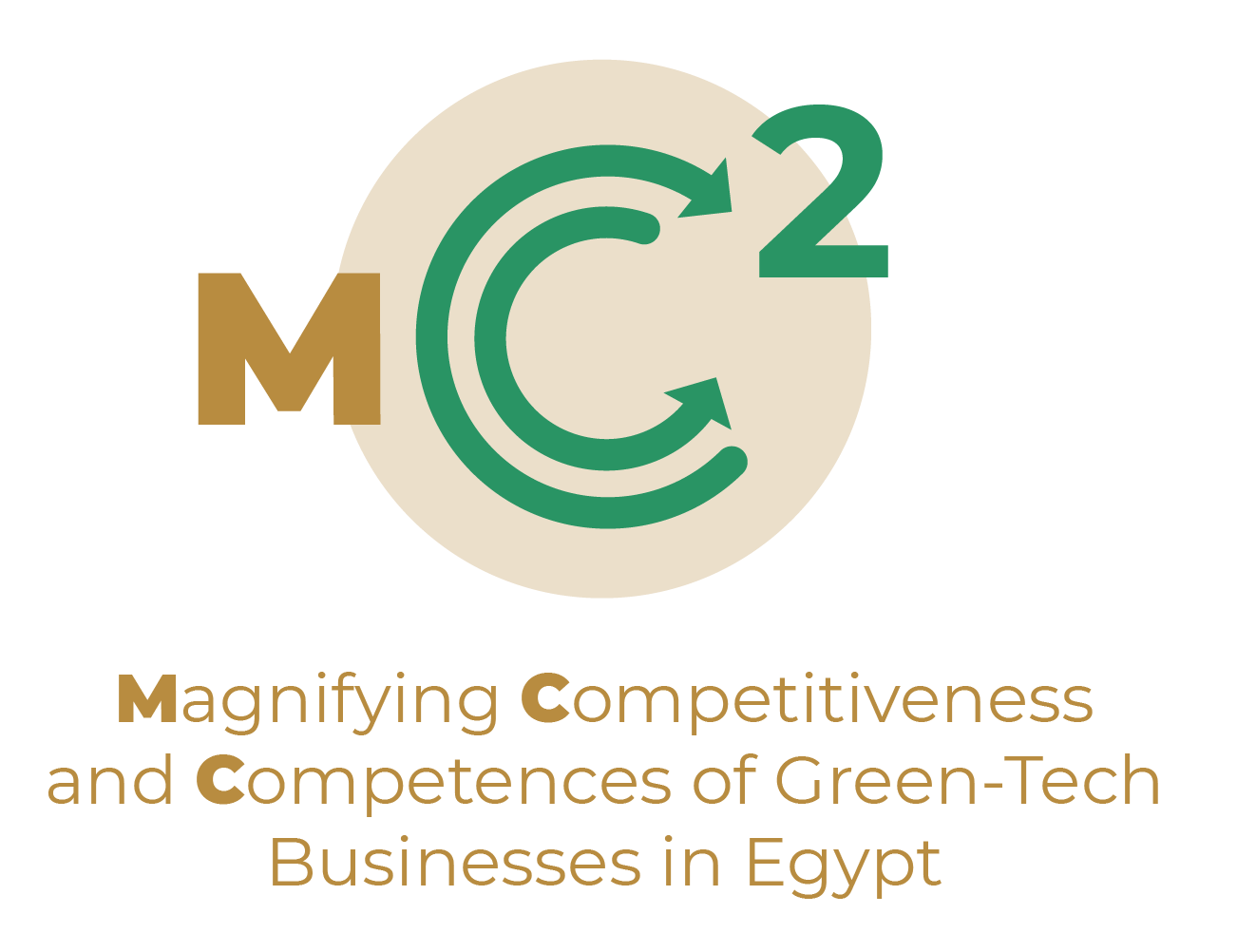
MC2
The overall objective of the MC2 project (Magnifying Competitiveness and Competences of Green-Tech Businesses in Egypt) is to empower a sustainable and circular economy in Egypt and accelerate a transition to UN2030 ‘SDG’, boosting the adoption of green technology-based solutions and the development of eco-innovative enterprises.
MC2 (Magnifying Competitiveness and Competences of Green-Tech Businesses in Egypt) is funded under EuropeAid – Lot 3: Improving Private Sector Competitiveness through Green Initiatives in Energy and Resource Utilization.
Project news:
- SITES Kicks off at MC2 for Green-Tech Businesses in Egypt
- Sustainable Business and Circular Economy project
- SITES organized MC2 Study Tour in UK professionally
- SITES Empowering Sustainable and Circular Economy in Egypt
- MC2 Project’s 4th Newsletter Celebration
- MC2 Third Newsletter
- MC2 Sconed Newsletter
- MC2 first Newsletter
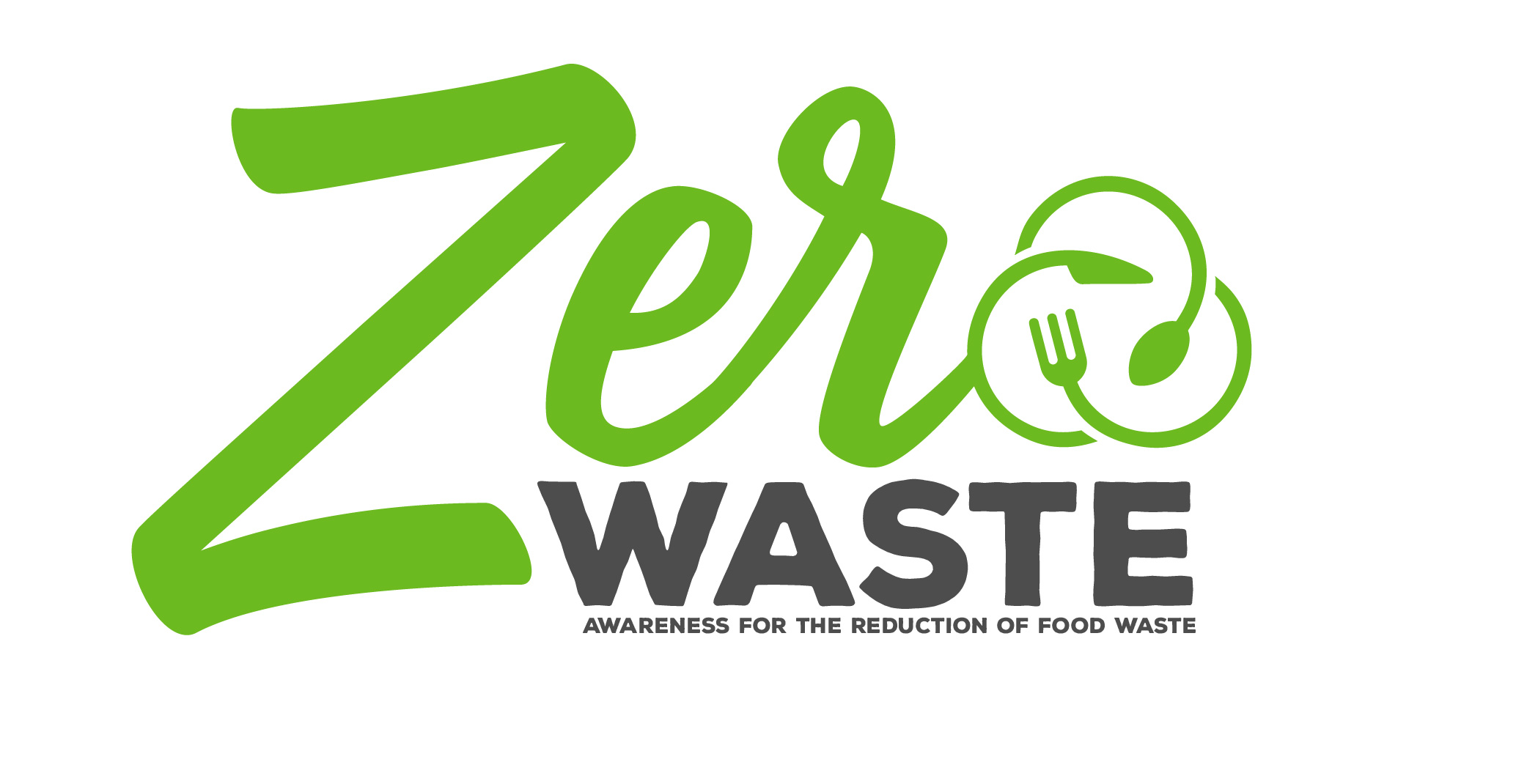
ZERO_ WASTE
The ZERO_WASTE emerged from a need to promote the social inclusion of rural areas in the field of education with content related to reducing food waste, enhance the professional development of teachers by creating educational tools with scientific content and to build a collaborative network of local, regional, national and European stakeholders committed to food waste reduction.
The ZERO_WASTE project is funded by the European Commission in the framework of the Erasmus+ Programme, KA2 – Strategic Partnership in the field of Adult Education and is coordinated by Esciencia Eventos Cientificos in Spain.
Project news:
Projects
Communication, dissemination and stakeholder engagement activities are developed as fundamental elements in the process of understanding, knowledge sharing and innovation creation, constructing multi-level dialogues between stakeholder groups to support the policy process through the integration of scientific evidence and social processes.
Within EU-Funded Projects, SITES has developed the following activities linked to communication, dissemination and exploitation:
- Networking and stakeholder dialogue and engagement;
- Organisation of conferences and exhibitions, knowledge exchange, information services, and social learning
- Communication and dissemination strategies, tools, platforms and activities: planning, management, and implementation; web development (design, implementation and content management); audiovisual production; design and production of dissemination materials
- Media relations, information campaigns; community building (social media platforms - integrating ICT and smart technology tools with analytical insights)
- Societal involvement: methodologies for addressing impact of projects on citizens and civil society, implementing social innovation practices through participatory processes
- Making project information and results available to society, the media, policymakers, and economic actors.

